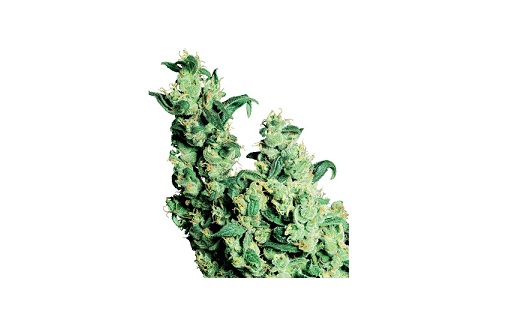The city of Haarlem is currently working on an alternative to the seemingly doomed ‘Weed Pass’, that is meant to take effect nation-wide on the 1st January.
The so-called “wiet pas”, a controversial new registration policy, was designed by the Dutch government to limit coffeeshop clientele and to ban foreign customers from buying cannabis, but the new policy backfired in the southern three provinces of the Netherlands after it was introduced earlier this year. The mayor of Maastricht, the city on the southern border, has recently had a change of heart on the issue as the new policies led to an dramatic increase of nuisance and street-level drug dealing in his city.
According to the mayor of Haarlem, Bernt Schneiders, the alternative that Haarlem is now working on together with the local coffeeshops and the city’s health service, will function as a hallmark, guaranteeing good entrepreneurship, quality of products and compliance with (yet to be defined) standards. Particular points of focus will be the prevention of complaints from neighbours and the down-scaling of the coffeeshops. Mayor Schneiders told a local newspaper that the new certificate will force coffeeshops towards what he called the “ideal situation”, where they would be small businesses, serving locals. Exactly how the new hallmark would achieve this function he did not explain.



